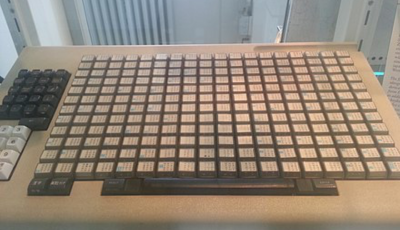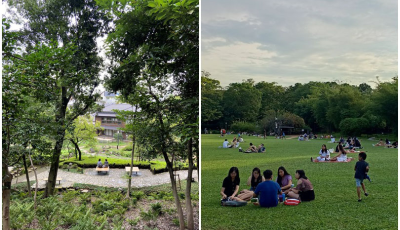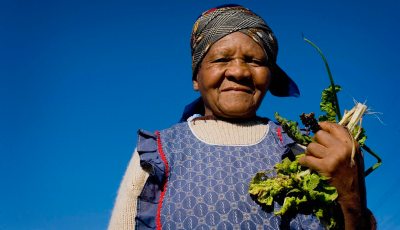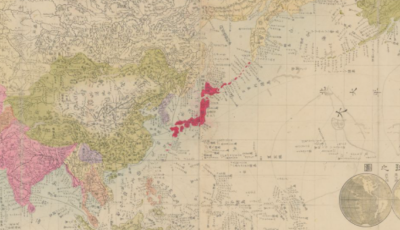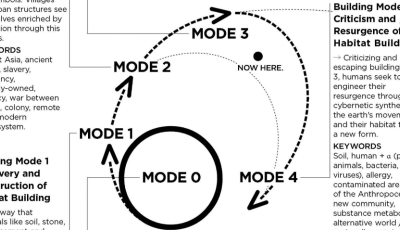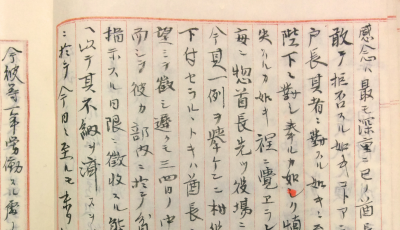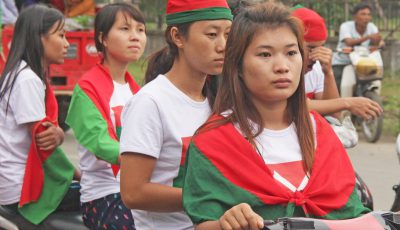Household Resilience to Drought in Sub-Saharan Africa.
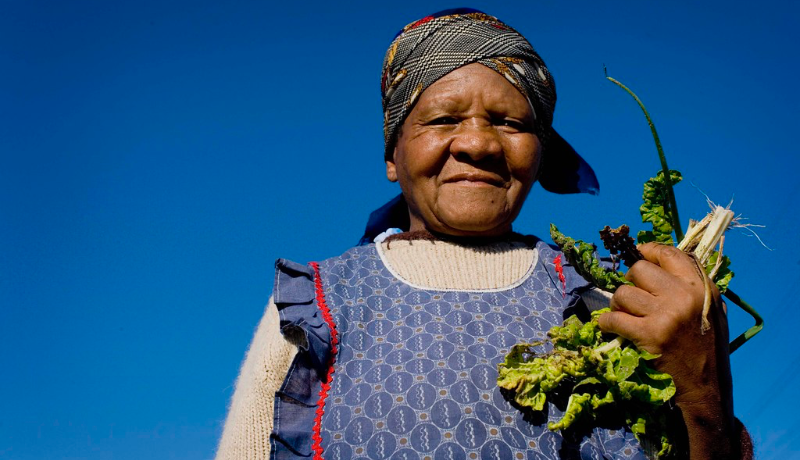
Various industrial crops have been promoted across Sub-Saharan African to meet very diverse socioeconomic objectives linked to economic growth, rural development, agricultural modernization and energy security (Jarzebski et al. 2020b). Even though industrial crop production and food security have received extensive policy attention, we lack a comprehensive understanding of their interface due to the large diversity of crops, modes of production, production areas and underlying impact mechanisms. Through a systematic literature review, I unraveled how different mechanisms dictate the food security outcomes of industrial crop production across the continent (Jarzebski et al, 2020a).
Based on the data analysis I am currently performing to understand long-term impacts on food security resilience in areas growing industrial crops in Swaziland and Malawi. Data were collected in a three-time series, from 2014 to 2017 aiming to reflect the food security situation under intensifying drought. These data capture following three periods: no drought, drought and severe drought periods. This analysis will allow to answer the question whether involvement into industrial crop growing or living in the area where industrial crops are grown is having positive or adverse impact on food security of households.
This research applies resilience concept (Figure 1) and look through the lens of components building resilience such as buffer capacity, capacity for learning and self-organization.

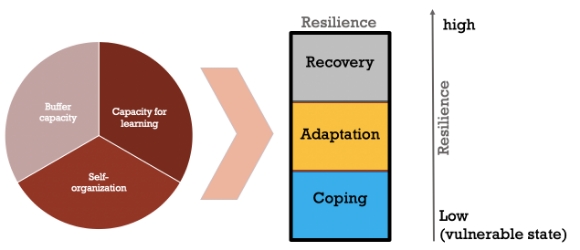
Based on this analysis, I try to identify priority policy and practice domains that need to be targeted to improve the food security outcomes of industrial crop production across Sub-Saharan Africa.
This research is a part of Food Security Impacts of Industrial Crop Expansion in Sub-Sahara Africa FICESSA [https://supportoffice.jp/ficessa/] led by Dr. Alexandros Gasparatos, Associate Professor in Sustainability Science, Institute for Future Initiatives,The University of Tokyo






